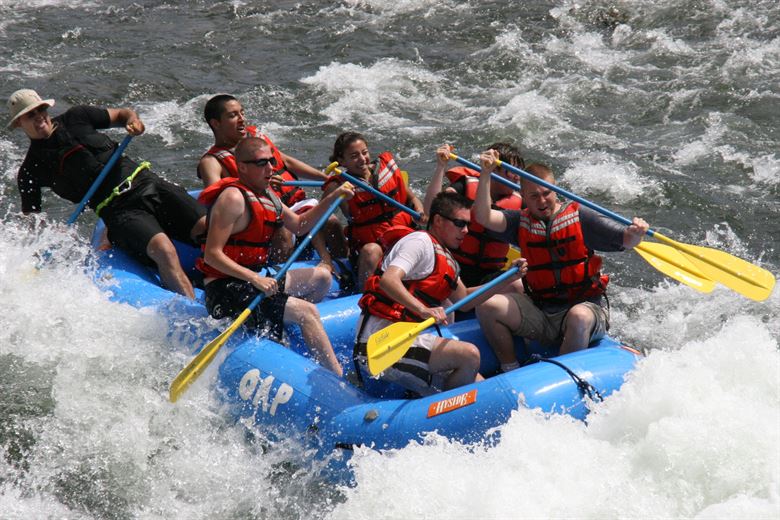
In New York, a clearly written waiver to sue in a contract or agreement, may be enforceable, but many waivers will be deemed against public policy and not enforceable. Below are some examples of waivers which are not binding, as against public policy.
Property leases. Agreements exempting lessors from liability for negligence are void and unenforceable. See General Obligations Law §5-301. A tenants may sue their landlord for the landlord’s negligence, even if the lease says otherwise.
Catering agreements. Agreements exempting caterers and catering establishments from liability for negligence are void and unenforceable. See General Obligations Law § 5-322
Construction contracts. Agreements exempting owners and contractors from liability for negligence are void and unenforceable. See General Obligations Law § 5-322.1.
Agreements exempting building service or maintenance contractors from liability for negligence void and unenforceable. See General Obligations Law § 5-323.
Garages and parking places. See General Obligations Law § 5-325. No person who conducts or maintains for hire or other consideration a garage, parking lot or other similar place which has the capacity for the housing, storage, parking, repair or servicing of four or more motor vehicles, may exempt himself from liability for damages for injury to person or property resulting from the negligence of such person.
Recreational facilities. Agreements exempting pools, gymnasiums, places of public amusement or recreation and similar establishments from liability for negligence are void and unenforceable. See General Obligation Law § 5-326. If you paid to participate in a recreational activity and are injured due to the negligence of the facility, you may sue even if a waiver was signed.
Children. Under existing New York law, minors cannot sign their rights away by signing any contract. As a result, a liability waiver signed by a person below the age of 18 is automatically voided. Even, if a parent or other adult signed the waiver on behalf of a child, New York law will not enforce the waiver for situations involving a minor’s injury or death.